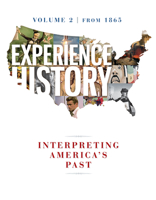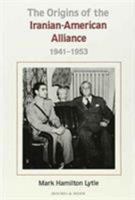Making Classic Toys That Teach: Step-By-Step Instructions for Building Froebel's Iconic Developmental Toys
Select Format
Select Condition 
Book Overview
The Froebel Gifts are perhaps the world's first educational toys. Developed in the early 1800's by Friedrich Froebel, inventor of Kindergarten, the Gifts appear deceptively simple but represent a sophisticated approach to child development. Over the last 180 years these intricately conceived playthings have had a widespread impact, becoming interwoven with the history of art/design, popular culture, and education.
Inspiring and informing the work of Maria Montessori, Rudolf Steiner, and others, Froebel's Gifts influenced Frank Lloyd Wright, Albert Einstein, Kandinsky, Klee, and more while Mattel used them in designing Tinker Toys, Color Cubes, and Unit Blocks. In Making Classic Toys That Teach, Doug Stowe, a professional woodworker and teacher, presents the history and valuable benefits of each gift while providing step-by-step instruction on how to build each toy and the box to hold them.
Each of the 10 Froebel Gifts are featured: 1) balls of yarn, introducing color, shape and motion; 2) sphere, cylinder, and cubes on a hanging device; 3) divided cube building blocks; 4) rectangular blocks; 5) wooden cubes and triangular blocks; 6) geometric building blocks in various shapes; 7) colorful geometric shapes; 8) sticks and rings; 9) points - small colorful objects, like beads - that can be connected to create dotted lines, etc; 10) framework in the form of fiddlesticks or tinker toys. As the backlash towards our overly technological world increases, the philosophy of Froebel and an understanding of the value of his Gifts is part of the trend of more focused playtime and creative thinking for younger children that will help them make connections on their own regarding the world around them.











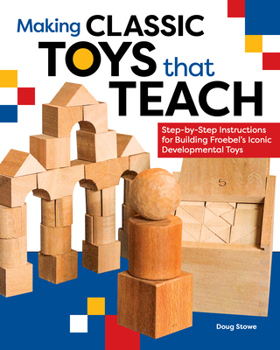

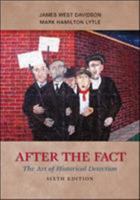
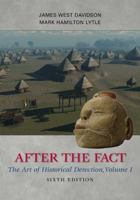
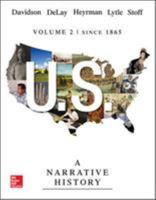
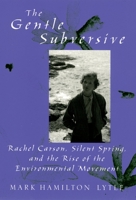
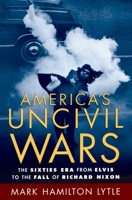
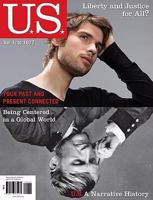
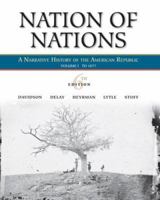
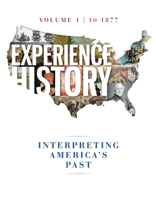
![U.S.: A Narrative History [With Access Code]](https://i.thriftbooks.com/api/imagehandler/s/85CA48F2E66C5305B2CAAE182551B250ACCF3CC6.jpeg)
